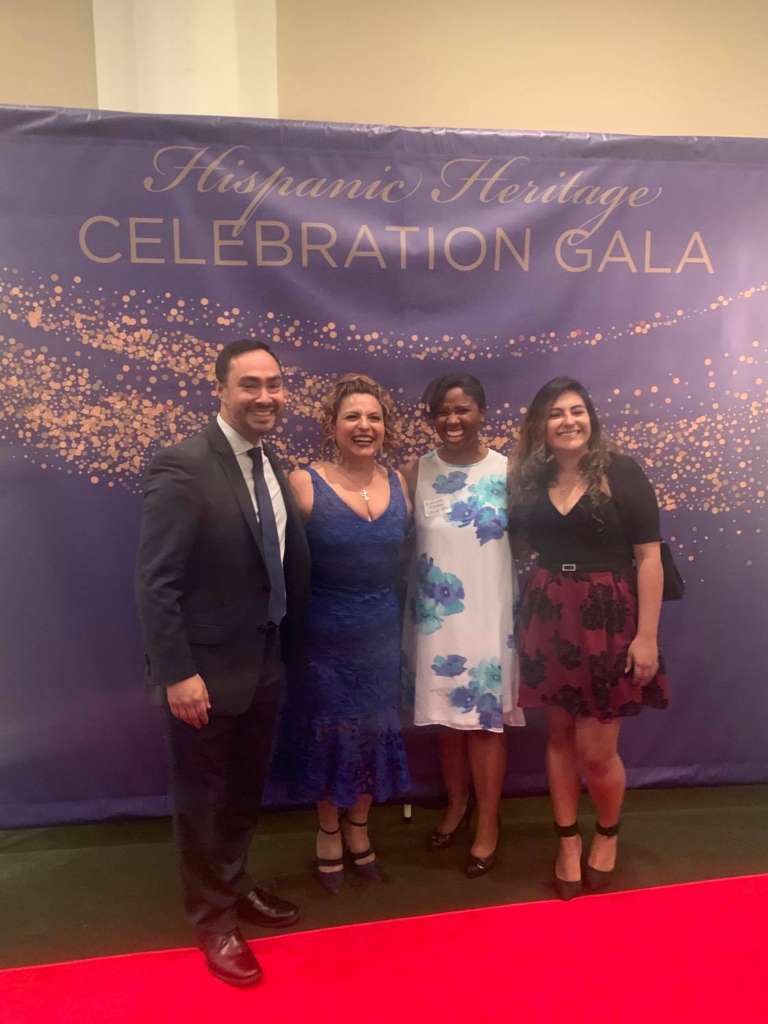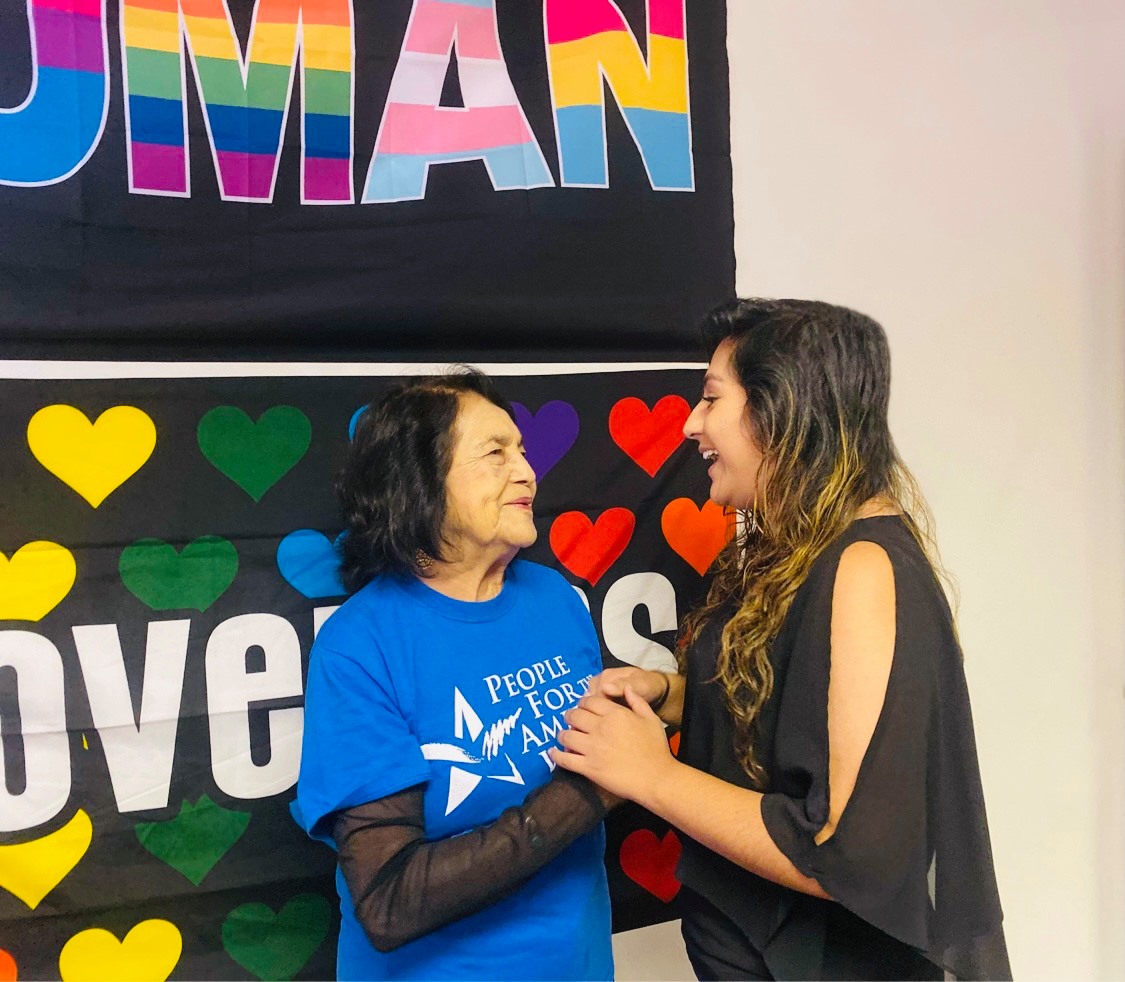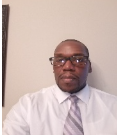Brenda Medrano-Frias shares her journey on overcoming obstacles to become a voice
Hispanic Heritage Month is a time of celebration for those who have made a difference in the Latinx communities. It is also a time to highlight the contributions of influencers such as Brenda Medrano-Frias, who spoke with us recently to talk about how in spite of facing insurmountable odds, has become a voice in the Prince William County community.
Her early childhood memories spring from her days in Fairfax, and coming to the realization that even though she lived in a predominantly white neighborhood, she was treated differently by her peers. “I didn’t know any English, which left me mostly isolated from students in class,” said Medrano-Frias. “Being one of the few brown kids, already it was difficult making friends due to the language barrier. There was one time in which I was on the playground, and one of the boys had asked me to play with them. I was excited because I finally felt that I was being a part of the group. However when I followed them, they pushed me to the ground and one of the kids even spat on me. They told me to ‘go back to my country, and that I don’t belong there.'”
“It hurt me so much, and I kept it to myself. I had a hard time trusting in teachers because of how I was treated. One of them would move my desk to face the rest of the class, and place a timer on there to get assignments done. When I couldn’t, the loud ring of the timer would go off. I still have trouble looking at a face clock without thinking about that.”
“It was a living nightmare.”
It was coming into this realization of unfair treatment that inspired her even more to service later in life, and she credits her parents for instilling those values in her. “My parents worked so hard, and sacrificed so much, to give us a better life. There would be times in which I wouldn’t see my father for days because he worked several jobs. It was amazing to see us go from living in an apartment with other families, to an apartment, into our own house. Seeing that it was possible to live the American dream was incredible. They taught me to be independent and the value of working as hard as possible. Seeing what they did so that I can get ahead makes it all worth it, and I hope to keep the legacy going onwards.”
As her parents were the greatest influencers of her early days, finding those leaders within her own community was challenging. “There weren’t a lot of leaders who looked like me, but then I read of the stories of people such as Dolores Huerta and Cesar Chavez. The labor movement that they led with the farm workers gave me a spark. A whole new world. Dolores coined ‘Si Se Puede’ (Yes We Can). I was 11 or 12 when (Judge) Sonia Sotomayor became part of the Supreme Court. It’s inspiring that people can make it that looked like me.”
This led to her taking that next step at Northern Virginia Community College, where she pursued a run for student body president. “Coming from NOVA it really changed my life, I will never forget what it did for me. My future could have looked incredibly different, but I came to NVCC and immediately became part of a community who wanted to uplift my voice. I became a part of student government, next thing I knew it was the first time I came out as an undocumented immigrant, I found out there were other people who were just like me.”
“I was encouraged in so many ways by people who believed in me. I think that changed me and I ran for student body president. I lost but I became the student representative of the college board and then the national board of student trustees. I got involved with DACA, and it spurred me to do activism and finding my voice. I learned to love public speaking. It all shaped me.”

As she has been an inspiring voice to lead others in the Latinx community, she talks about the need for more voices to be heard for full representation. “As a young voice in the community, it (representation) means having a seat at the table. It is an uphill battle. It’s a prejudice that young people need to fight through. I don’t think it means speaking for young people. They need to find their own voice and are perfectly capable to doing it themselves. We need to empower them to do so.”
She concludes with the time she met Dolores Huerta and how the civil rights icon encouraged her in a passing of the torch moment. “I was so happy someone caught it in camera but when she was holding my hands and looking into my eyes she told me, “Just keep doing exactly what you’re doing. I can tell you’re going to do amazing things.”



